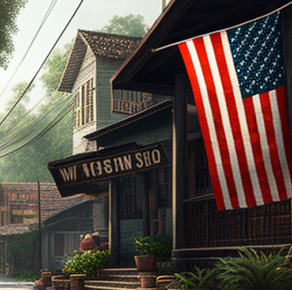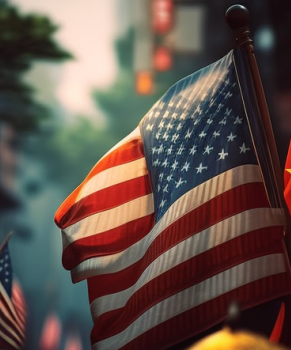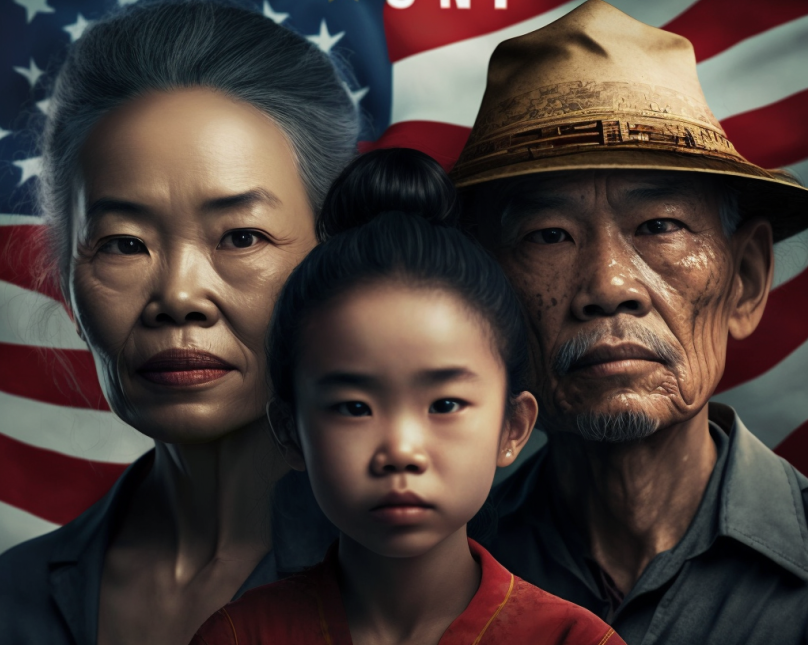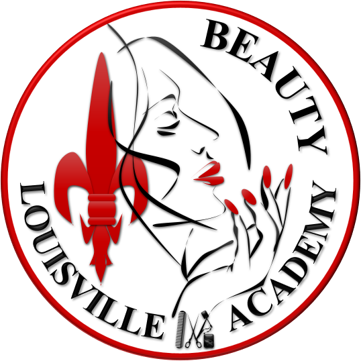Vietnamese Americans are a growing ethnic group in the United States, with an estimated population of around 2 million as of 2021. They have a rich and diverse cultural heritage and have made significant contributions to American society in areas such as business, politics, and the arts. In this article, we will take a closer look at the Vietnamese community across the United States, their history, and their current situation.
History of Vietnamese Americans
The first wave of Vietnamese immigration to the United States began in the mid-1970s, after the fall of Saigon in 1975. Many Vietnamese fled their country to escape persecution, poverty, and war. The United States, as a result of its involvement in the Vietnam War, accepted refugees as part of its humanitarian efforts.

Over the years, the Vietnamese community in the United States has grown and become more established. They have formed vibrant communities, especially in cities such as Orange County, California, and Houston, Texas. In recent years, a second wave of Vietnamese immigration has taken place, driven by economic and political factors in their home country.
Current Situation
Today, the Vietnamese community in the United States is diverse, with members coming from a range of backgrounds and experiences. They have established a strong cultural presence, with many communities hosting festivals and events that showcase their cultural heritage. The community has also made significant contributions to the American economy, with many Vietnamese Americans owning small businesses and working in a variety of industries.
Despite these successes, the Vietnamese community has also faced a number of challenges. Many struggle with poverty, unemployment, and language barriers. The community has also faced discrimination and prejudice, especially during the early years of their immigration to the United States. However, Vietnamese Americans have overcome these challenges through hard work and perseverance, and they continue to make important contributions to American society.

The Vietnamese community in the United States has a rich and diverse cultural heritage, and has made important contributions to American society. Despite facing challenges, the community continues to grow and thrive, and its members are proud of their heritage and their place in American society. Through their perseverance, hard work, and determination, the Vietnamese community is a testament to the American Dream and the promise of a better life for those who are willing to work for it.
USA Vietnamese Population
As of 2021, the Vietnamese community is one of the fastest-growing Asian American communities in the United States, with a population estimated to be around 2 million. They are found in all 50 states and the District of Columbia, but the largest populations are in California, Texas, and Washington.
In California, the largest concentration of Vietnamese Americans can be found in the cities of Orange County, San Jose, and the Little Saigon neighborhood of Westminster. Texas is home to a large Vietnamese community in Houston and its suburbs, as well as in the Dallas-Fort Worth area. In Washington, the largest Vietnamese community is located in the Seattle metropolitan area.
There are also smaller Vietnamese communities in other states such as Virginia, Louisiana, and Massachusetts, among others. These communities often form around church communities, traditional markets, and small business centers, and play a significant role in supporting and sustaining the cultural heritage of the Vietnamese people in the United States.
Support the Vietnamese Community in Louisville, KY
Dear Community Members,
Viet Bao Louisville, KY is your source for news, events, and information about the Vietnamese community in Louisville. We strive to bring together our community, promote our culture and heritage, and help our community members connect and thrive.
To continue providing high-quality content and services, we need your support. We are looking for individuals and businesses to advertise with us and promote their products and services to the Vietnamese community in Louisville. By advertising with Viet Bao Louisville, KY, you not only support our magazine and help it grow, but you also reach a targeted audience and promote your business to a community that values cultural heritage and community connection.
In addition, we are always looking for community events and activities to feature in our magazine. If you have an event or activity that you would like to promote to the Vietnamese community in Louisville, please contact us at DiTran@gmai.com (Di Tran).
Thank you for your support and for being a part of the Vietnamese community in Louisville, KY. Together, we can continue to grow, connect, and thrive.
Sincerely,
Di Tran Viet Bao Louisville, KY


